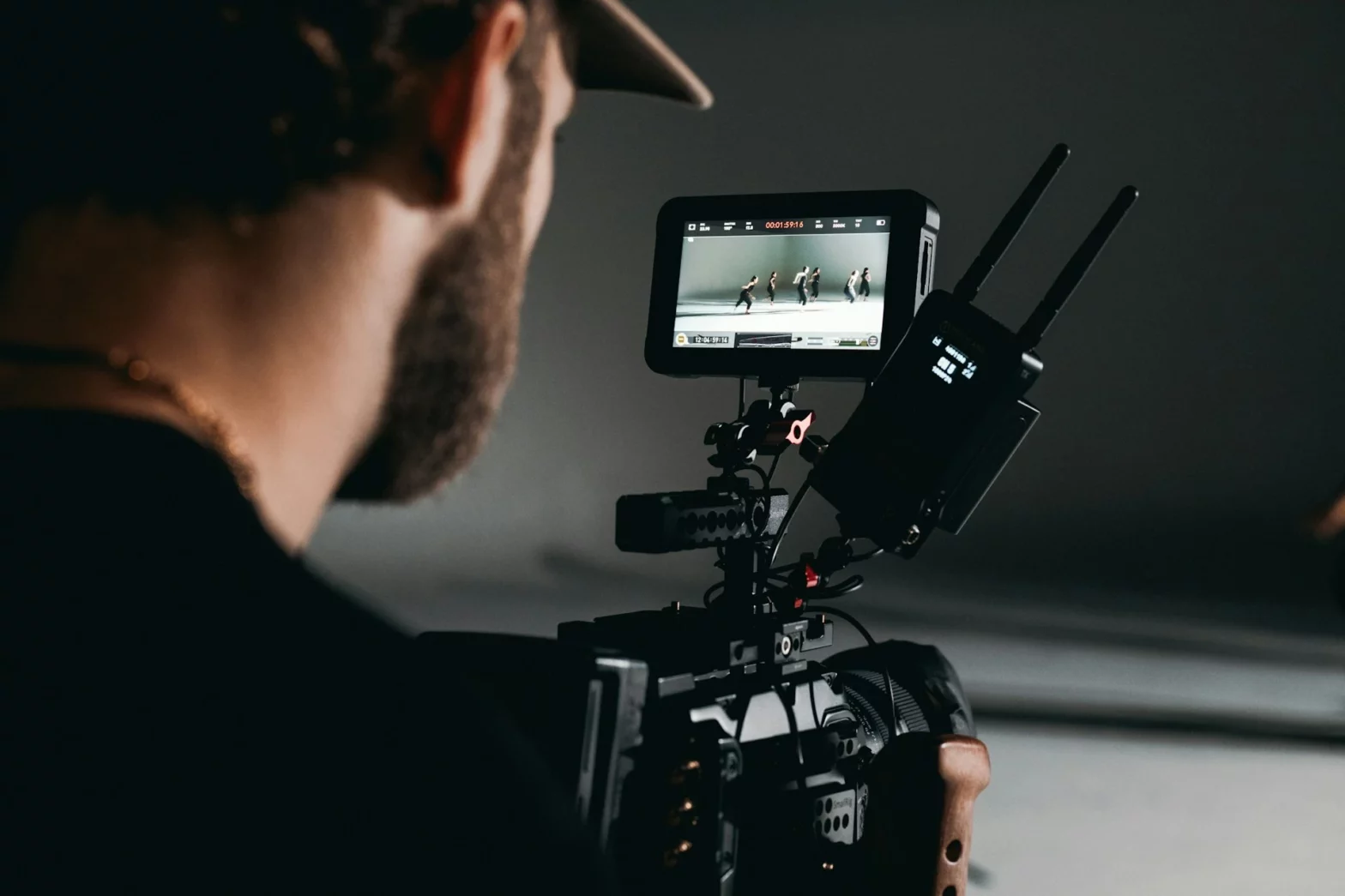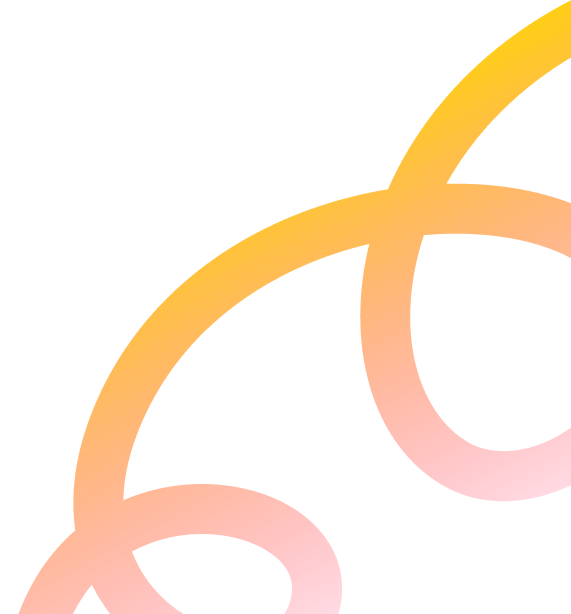
12 Types of Unconscious Bias Affecting Your Hiring Process
Recruitment bias is real and can manifest in ways we often fail to notice. Left unchecked, these unconscious biases can negatively affect the hiring process. To hire the right candidates for the job, recruiters must recognize these notions first.
Given that unconscious bias is a human condition, hundreds of hiring biases exist. We’re going to share the most common hiring biases and explain how they affect decision making in the recruitment process. Read on to uncover these biases and transform your hiring practices.
1. Halo and Horns Effects
The Halo and Horns effect is a common unconscious bias that affects hiring decisions. Recruiters’ implicit biases may influence them to select candidates based on perceived positive or negative traits that may not accurately reflect their fitness for a role.
These perceived positive and negative traits are often personal to each recruiter, but they can ultimately result in the wrong person getting the job offer. When a hiring manager focuses only on a candidate’s positive traits and ignores any red flags, it is an example of the halo effect.
The horns effect is the opposite. The recruiter overlooks the candidate’s ability and deems them to be unfit for the role based on a negative initial impression.
2. Race Bias
Reducing racial discrimination in the hiring process is now a nationwide effort in Canada, but race bias is still an unconscious bias that affects recruitment. Some interviewers may have personal biases and judge a candidate’s application based on their race, nationality, or ethnicity.
→ Read more: Learn What It Means to Be an Equal Opportunity Employer
3. Affinity Bias
The most common unconscious bias in hiring is affinity bias, also known as “like-me bias” or “similar-to-me bias.” Recruiters tend to favor or hire candidates who share similar traits, characteristics, or values.
While this is a good tactic for determining a good work culture fit, it steers hiring managers away from seeing a candidate’s qualifications and work experience objectively.
4. Confirmation Bias
Confirmation bias is an unconscious hiring bias that happens when recruiters make assumptions about a candidate and then find ways to prove those assumptions right. This bias in hiring prevents fair hiring decisions, since the recruiter has already made conclusions about a candidate.
5. Beauty Bias
The beauty bias occurs when employers favor conventionally attractive people over candidates with the exact qualifications. This recruitment bias plays into the hiring managers’ subconscious belief that a person’s looks impact their job performance, and is another example of the halo effect.
6. Conformity Bias
Peer pressure can become a recruitment bias when members of a hiring team or interview panel feel the need to conform to the majority when making a hiring decision. For instance, if two recruiters think a candidate’s performance is impressive, but one believes otherwise, that individual might feel pressure to agree with what the others think.

Image Source: Canva
7. Gender Bias
Gender bias in hiring occurs whenever a candidate’s suitability for a role is evaluated using gender stereotypes. An example of this implicit bias is the idea that men are better suited to roles in the sciences while women are a better fit in nursing or teaching roles.
→ Read more: How to Combat Unconscious Bias in the Workplace
8. Contrast Effect
Comparing one candidate to another can also be an unconscious bias in hiring. Recruiters tend to do this to sift through resumes quickly, but it prevents them from seeing the skills and traits that make a potential hire eligible for a position.

Image Source: Canva
9. Overconfidence Bias
This recruitment bias refers to the recruiter’s own confidence during the interview process. Trusting a positive gut feeling is one thing, but when recruiters become overconfident in their ability to assess candidates, their gut may steer them away from objectively evaluating applicants.
10. Cluster Illusion
Our brains tend to look for patterns, leading to a recruitment bias known as cluster illusion. It’s important to remember that these patterns are often unreliable, and recruitment should be based on objective data-driven facts.
An example of this hiring bias is noticing a number of candidates in a pool attended the same school as the last successful hire and making the assumption that graduates from this school are likely to make good hires. Patterns like these can lead to biased decision-making.
→ Read more: 9 Tips to Overcome Your Interviewer Bias in Recruitment
11. Anchoring Bias
Another recruitment bias to watch out for is anchoring bias, or focusing on one piece of information and using it as an anchor in decision-making. The anchor can be anything—skills on an applicant’s resume, existing beliefs, personal experience working with an applicant. Any of these can cloud recruiters’ judgment and prevent them from hiring the right employee.
12. The Affect Heuristic
Allowing emotions to get the best of us is another unconscious bias in hiring that prevents a fair recruitment process. If a hiring manager is in a bad mood at the time of an interview, they might be less inclined to view the candidate positively and may miss out on a great addition to their team.
→ Read more: Working With Recruitment Agencies Helps You Find Top Talents—Objectively
Nip Unconscious Recruitment Bias In the Bud With Ad Culture
The good news is that recruitment bias is actionable. Working with a recruitment agency can help you overcome various unconscious biases in hiring by providing an objective, bias-free perspective.
Ad Culture is the expert in finding the right candidates. We throw unconscious biases out the window by screening a diverse talent pool based on skills and work experience. We’ve helped multiple clients find their unicorns—let us do the same for you.
Find your unicorn today! Contact us and learn more about how we prevent hiring biases.








